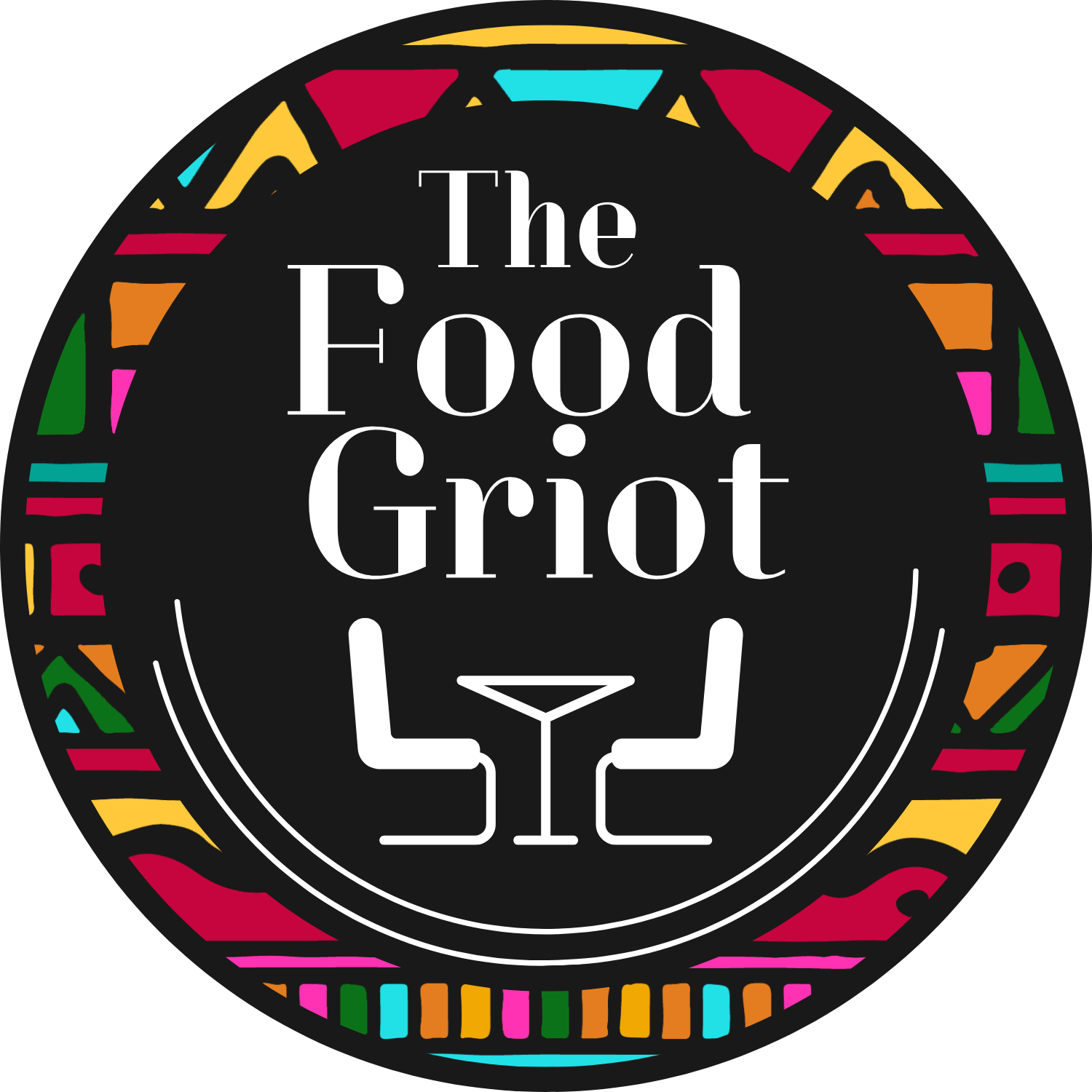Food & Wine: How I Use Kwanzaa's Seven Principles to Transform My Holiday Cooking
Photo: Shintartanya / Getty Images
Celebrating Kwanzaa matches my “more is more” holiday mindset: more opportunities to connect with family and friends, more chances to discover diaspora dishes, and more reasons to innovate with interesting ingredients. From December 26 to January 1, each day is anchored in one of the holiday’s seven principles (unity, self-determination, collective work and responsibility, cooperative economics, purpose, creativity, and faith), offering meaningful ways to sustain seasonal vibes for a full week.
I grew up in a household where our holiday festivities focused on Christmas and New Year’s. After relocating to Southern California, we started observing the nonreligious Kwanzaa holiday, too. This gave us seven more days of celebration rooted in African-centered culture, history, and traditions — plus plenty of communal cooking and concocting. Unlike other holidays, during which one cook is often burdened, Kwanzaa’s honoring of collective work calls for camaraderie in the kitchen.
Kwanzaa is often criticized as new or made-up, but it’s rooted in centuries-old African teachings. The word Kwanzaa comes from a Swahili phrase meaning “first fruits,” reflecting weeklong harvest festivals celebrated throughout Africa at the end of one year and start of another. Created in 1966 in Southern California by the activist professor Maulana Karenga, Kwanzaa was designed for Pan-African peoples everywhere to “rescue and reconstruct our history and culture.” I conducted a rare interview with Dr. Karenga when I was writing the Kwanzaa entry for The Oxford Encyclopedia of Food and Drink in America, and he advised to first start with recipes from the African continent when planning fare for Kwanzaa, and then look to its broader diaspora, to dishes like Jamaican brown stew chicken.




